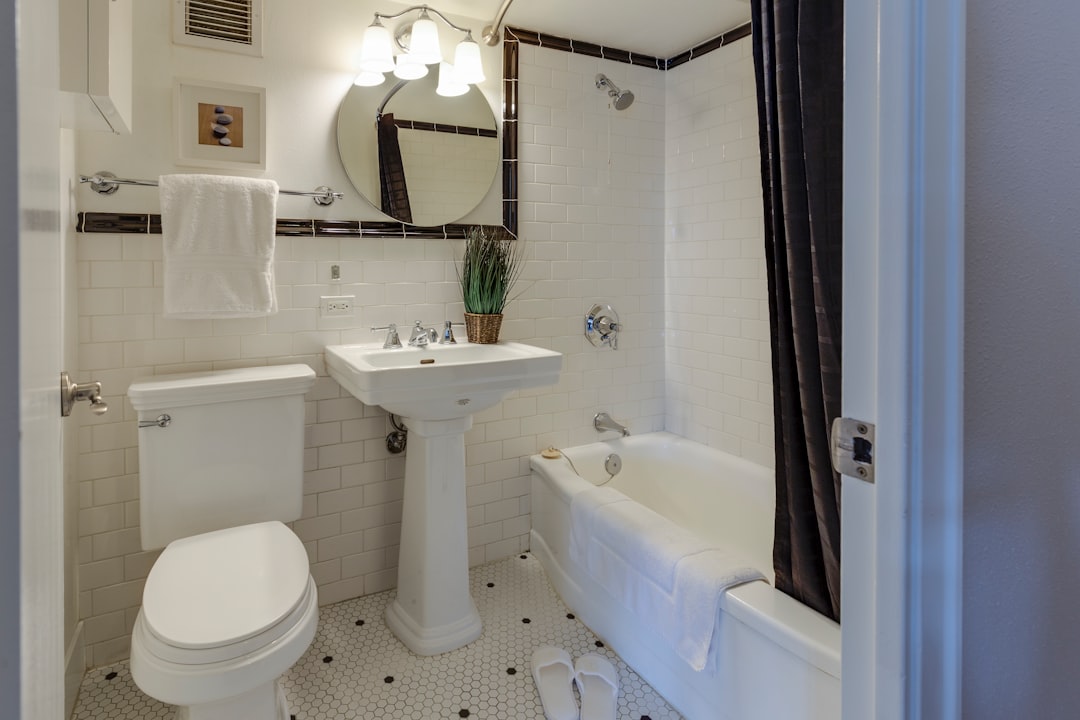
Water heating uses about 18% of your household bill. Replacing a traditional water heater with a model that is high-efficiency like tankless water heater lowers energy usage hence saving your money. Unlike traditional heaters where water is stored in an insulated tank until it is needed, tankless water heaters heat water on demand. As with other models, these heaters should be installed by experts. Before you invest in tankless water heaters, there are things you should know. These are explained below.
Tankless water heaters are low maintenance. Tankless water heaters tend to have a longer lifespan compared to most traditional models. They last for about 20 years while their counterparts last for 10 to 15 years. Also, tankless water heaters have modular features meaning if something goes amiss, you can easily swap the malfunctioning part. This is beneficial in that you do not have to replace the whole unit should a problem occur.
You should consider tankless water heaters with a high energy factor. Tankless water heaters models are either gas or electric. Those that comply with Energy Star requirements have an EF (energy factor) that is above or equal to 0.90. The EF shows how efficient the heater is in converting fuel – propane, natural gas and the like into hot water. It is expressed in the form of a decimal so a 1.0 EF means that 100% of the energy of the heater is changed into hot water. You can find numerous pas-powered tankless water heaters on sale with EFs of 0.95 or more. The most energy-efficient tankless water heaters have two heat exchangers and electronic spark ignition.
There is a variety of unit options. If you do not use huge amounts of hot water more often, you can purchase a tankless water heater to cater to your entire home. Families that have bigger demands can connect many units to heat water in the entire house. Another alternative is t install point-of-use heaters that avail hot water for one sink or shower. Since there is no storage tank, you can hang a tankless water heater on a wall to free up the space that a conventional tank would use. Also, this gives you more installation alternatives. Gas tankless water heaters require to be venter on the outer side but numerous may come with direct venting capabilities, meaning the vents can run horizontally through a home’s walls or vertically through the roof.
Consult an expert for the best fit. Unlike traditional water heaters whose sizes are determined by the gallons the tank can hold, tankless water heaters’ size is determined by how many gallons of hot water a heater produces per minute. This means you can find it tricky to determine the right size. Ensure you estimate the maximum hot water need of your house so that if it is common for a person to shower when there is a lot of clothes in the washer, you can acquire a unit that produces sufficient hot water for the shower and the washer. Discuss your requirements with a manufacturer’s representative or a plumber.